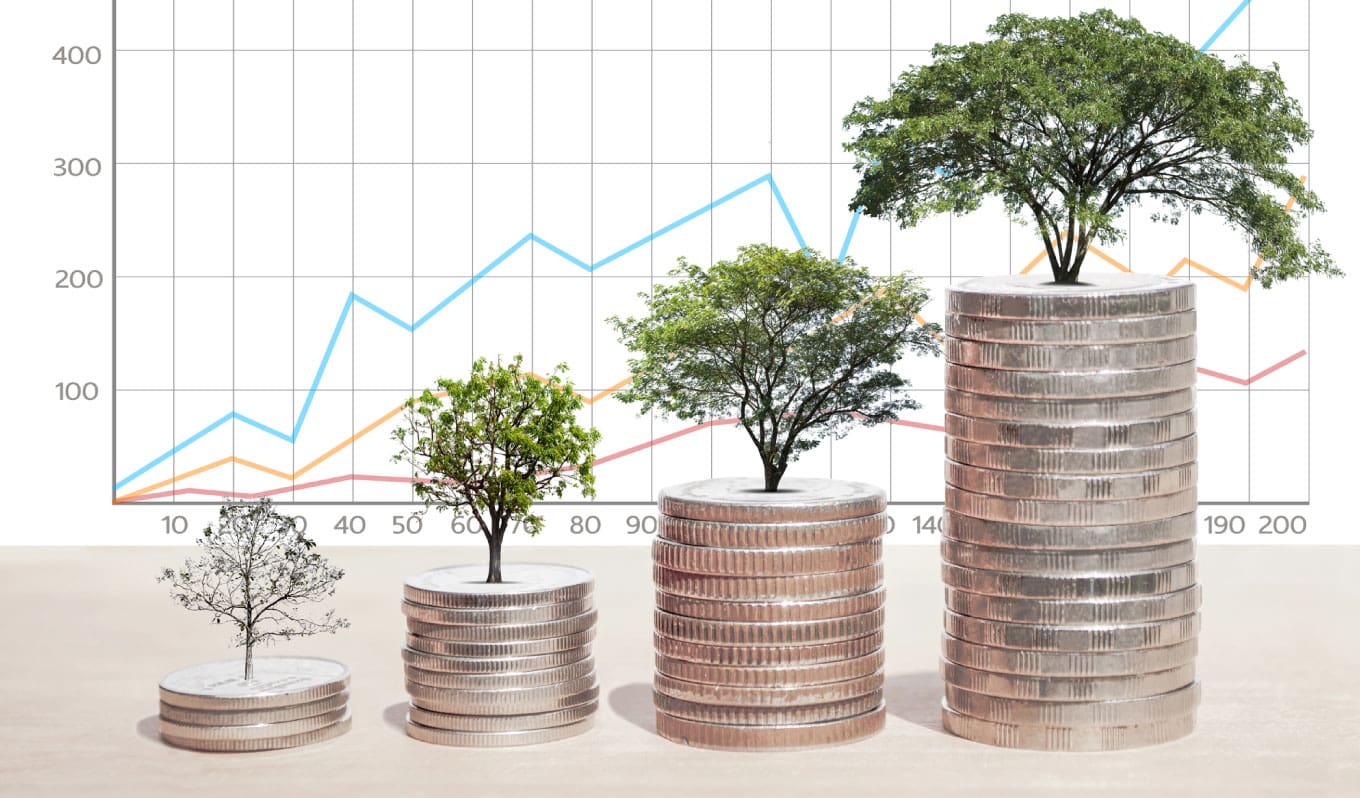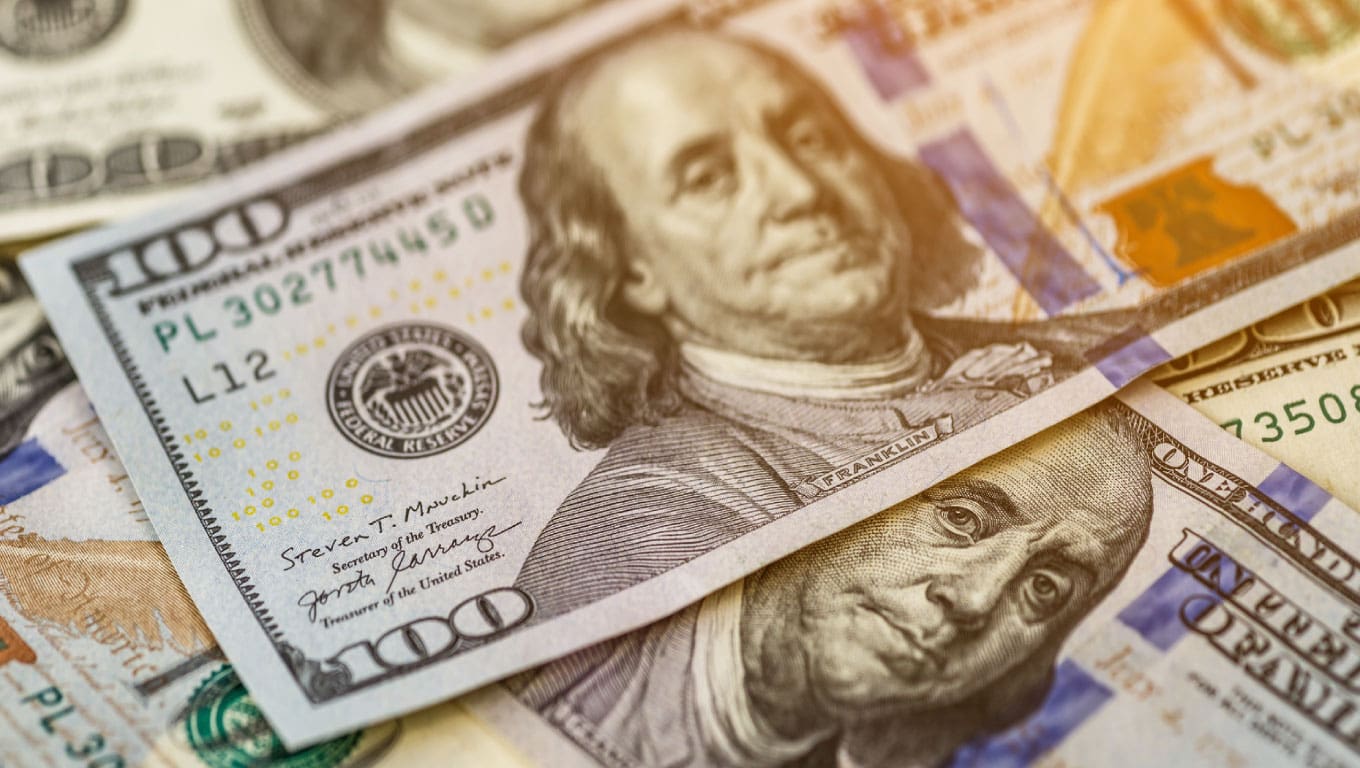Leggi questo articolo in Italiano

What are treasury bonds?
By Gabriele Brambilla
Treasury bonds are bonds issued by a country, which usually provide the safest interest in the category

Investing in a country
What are treasury bonds? Better Italian or German? Or maybe US treasury bonds? But most importantly, what are their yields and risks?
Let’s find out about these popular investment products, which are useful for differentiating the portfolio and preserving capital, while also generating an attractive yield.
Index
Treasury bonds: what they are
If you have read our article on bonds you will already know what is a treasury bond. In fact, Treasury Bonds are precisely bonds issued by an entity of a country. For example, the Italian BTPs come from the Treasury Department of the Ministry of Economy and Finance.
The purpose of a Government Bond is the same as that of any bond: to raise capital to be used to finance public works and interventions of various kinds. There is, however, to be said that, given the enormous public debt accumulated by several countries, the purpose of the Bonds is now to cover part of the debt itself.
The saver who decides to invest in this market also has the usual purpose: to generate a certain return. The strength of “government bonds ” lies in the lower risks than those present with standard bonds.
For the sake of the record, however, we must warn. True, government bonds are generally safer and more reliable, but there could still be critical episodes that would undermine the invested capital. For this reason, each country is ranked by a variety of specialized agencies; the better the score assigned, the safer the products offered by that country. For example, German Bunds are definitely safer than Italian BTPs, because our state is in a more delicate economic condition than Germany’s.
As in any investment, it is the saver who has to put risks and benefits in the balance, arriving at the decision best suited to his or her specific needs.
How Treasury Bonds works? The investor pays in principal which will then be repaid at maturity. Accrued interest comes due at regular intervals, or when the principal is repaid.

Who issues treasury bonds?
As we said in the previous section, Government Bonds come from a state entity that has the mandate to proceed. Usually this is a department of the Ministry of Economy/Finance, but this can vary by country.
Best treasury bonds
The rule of “higher risks, higher returns” also applies to investments in Government bonds.
A Treasury Bond issued by a country that is considered very stable, except in special cases, will not offer an exciting economic return. The saver who opts for such a product does so more to preserve capital, perhaps aiming for rather long investments to maximize gain.
Higher-interest government bonds carry more danger. The motivation is simple: in order to entice investors to buy the Government Bond, the issuer will necessarily have to offer an attractive yield. If this were not the case, the product would not go on to generate the desired income and would miss its intended target. This is why you sometimes find Bonds with very good yields from unstable states: the risks are high and no one would buy them without a possible high return.
If you ask yourself the question “how much are Government Bonds worth? ” know that you can consult the many online economic portals at any time, or go directly to the source on ministerial or government sites. There you will find all the useful information and yields for each product. Tip: getting expert support becomes essential to avoid unnecessary risks or misjudgments.
US treasury bonds
We are talking about the United States, the country that also attracts the most investment from abroad.
Treasury bonds are of different types and offer varying yields according to duration. We start with one-month government bonds (US 1-MO), then short-term, going up to 6 months. After that it goes to 1, 2, 3, 5 and 7 years. In double digits we find the longer duration products, 10, 20 and 30 years, respectively.
We recommend speaking with an experienced financial advisor to set up operations on these assets.

Do you pay taxes on treasury bonds?
Short answer: yes, you generally pay taxes on gains generated by investing in Government Bonds.
However, it is not possible for us to offer a complete numbers answer, because the rate depends on the country, the type of product, the duration and, in some cases, other factors.
The best thing to do is to inform yourself well before buying Treasury Bonds and figure out which product suits your personal needs, including also the amount of tax.
Conclusions
Let us conclude this overview with some useful and well-known information.
First, the performance of European and non-European government bonds can be followed on the many economic and financial portals. For example, a Google search is sufficient to find the US 20 year treasury bond rate. Also, you can use a treasury bond calculator like this to have an easier life.
Second, we recommend utmost attention to the risks, which are present although certainly lower than in other assets.
Finally, one should choose an intermediary that offers a good range of products and low commissions. This should never be underestimated because the final cost impact could be significant. So off to compare banks and brokers so you can make the best possible decision, tailored to your personal needs.
Thanks for reading, see you next time!